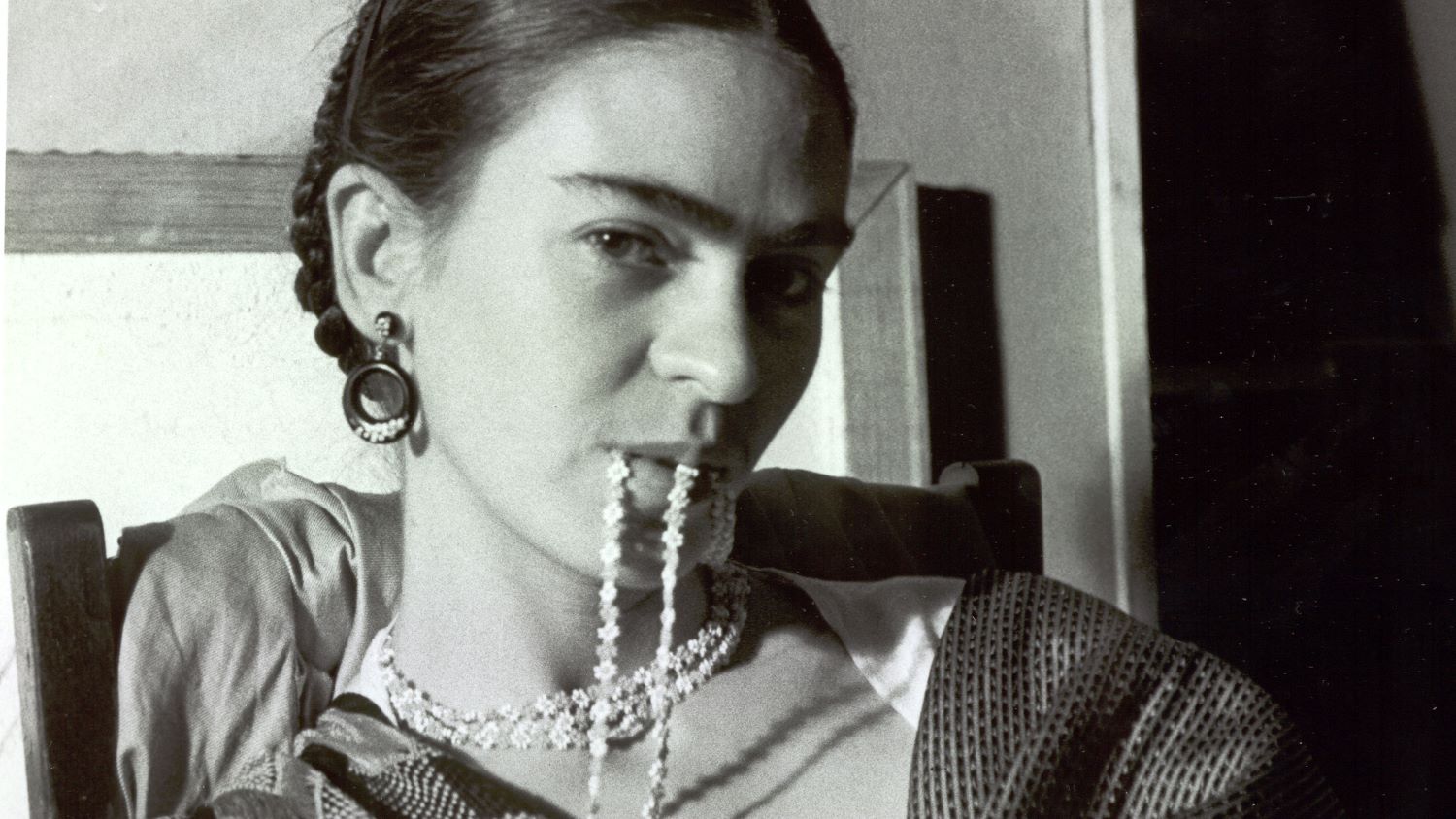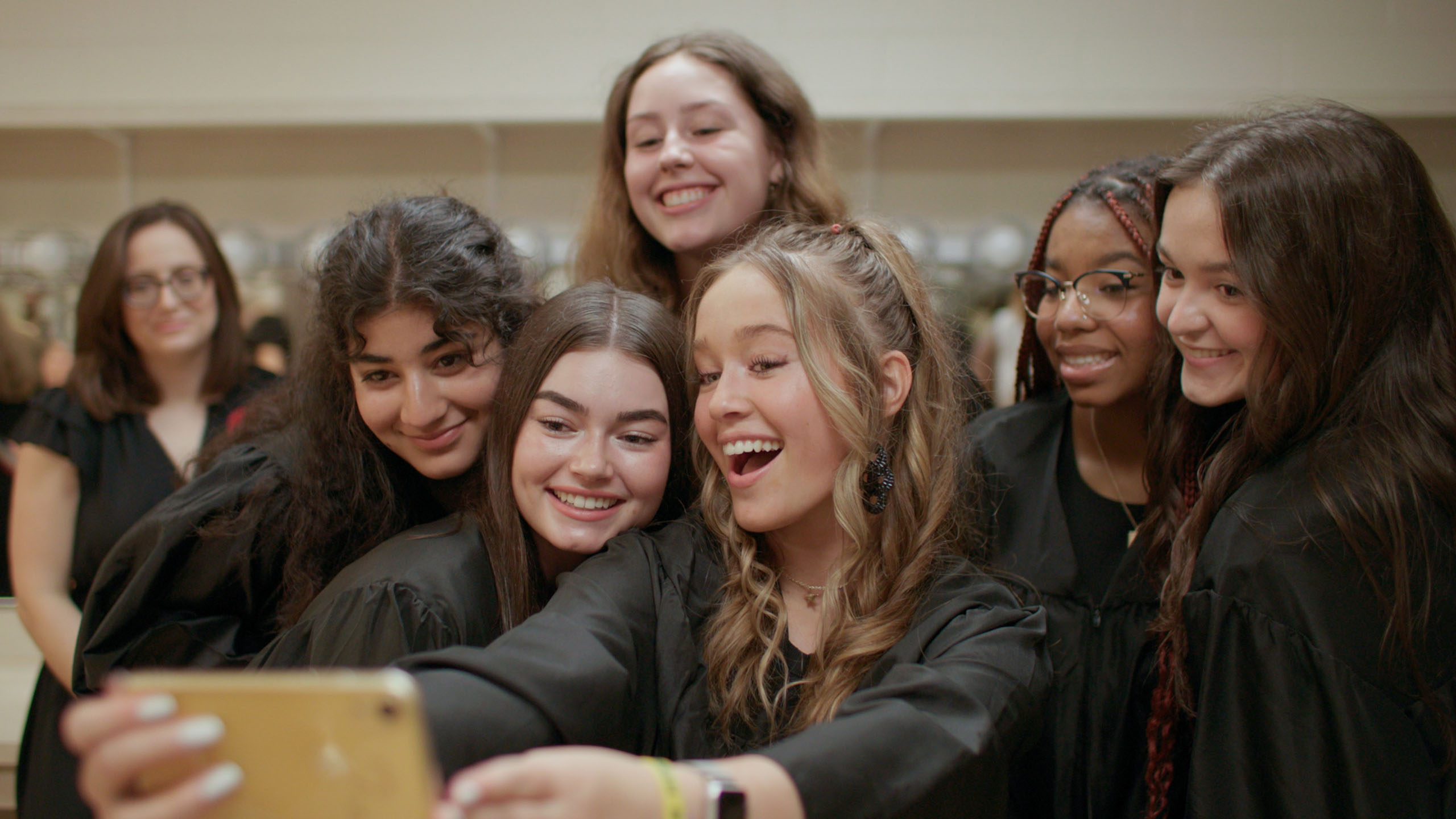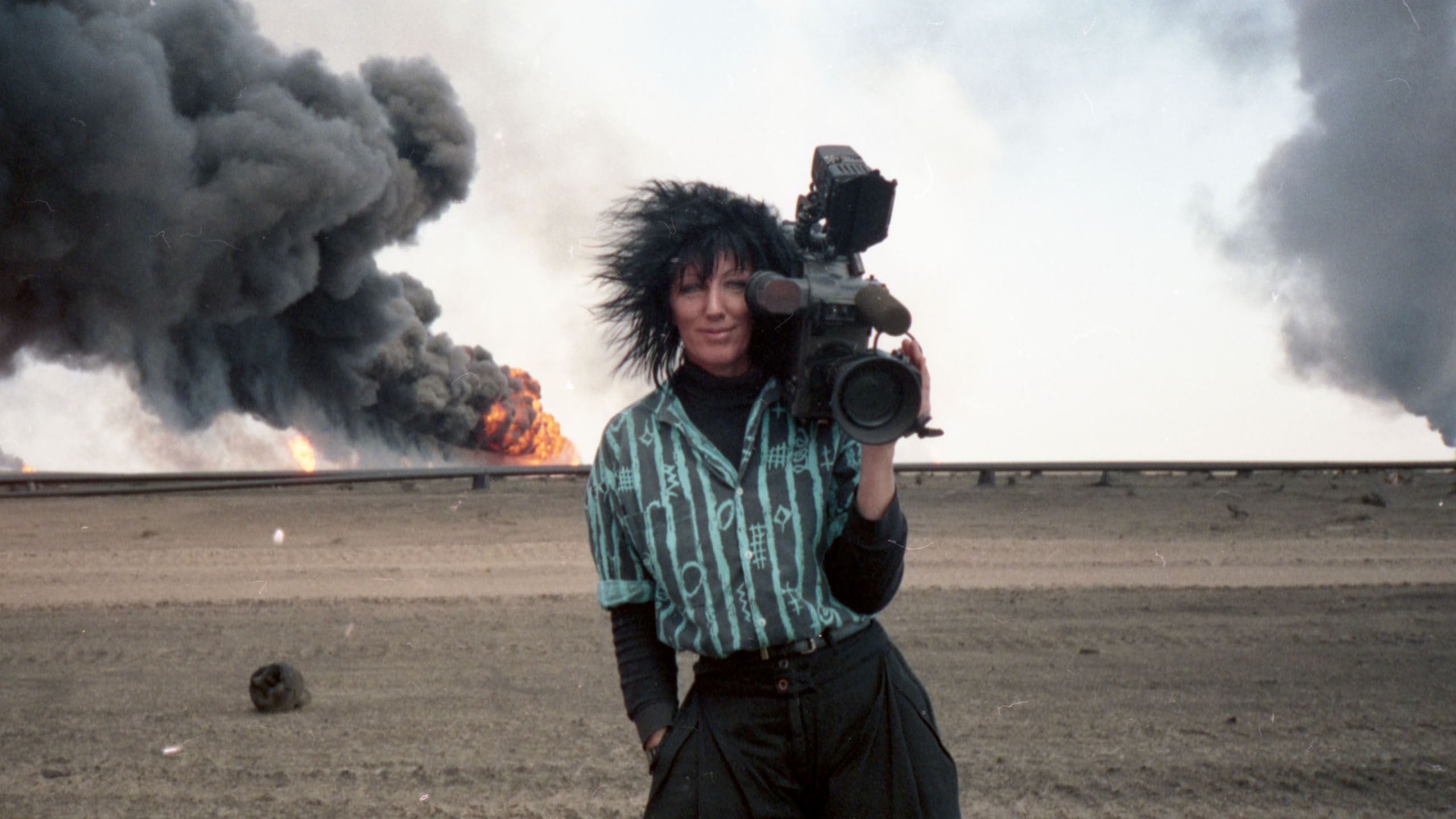Frida
(United States/Mexico, 2023)
Dir. Carla Gutiérrez
Programme: U.S. Documentary Competition (World Premiere)
Frida is essentially a talented editor’s creation. First time director Carla Gutiérrez (RBG, Julia) uses painter Frida Kahlo’s own words and works to craft a fitting tribute to the artist’s legacy. Focusing on both the persona and the artist, Gutiérrez creates an often-entrancing immersive experience. Her meticulous distillation of Kahlo’s creativity develops alongside a growing insight into the painter’s unforgettable personality and distinctive vision.
However, the film’s insistence on an autobiographical linear trajectory as a base disrupts what could be a more impactful creative portrait. The drawback to its approach is that the director sets herself the almost impossible task of combining a personal voice with art history and appreciation. That’s a difficult task for any documentary to accomplish.
Kahlo, who died in 1954, was a renowned painter known primarily for her many portraits and self-portraits. Her works were grounded in the natural world and folk art of Mexico. Kahlo’s paintings explored questions of identity, postcolonialism, gender, class, and race. She is still celebrated as a feminist and queer pioneer and activist. Her no-nonsense personality adds to her cachet and has entrenched her iconic status.
The film is a mix of Kahlo’s reenacted thoughts and recollections laid over a complex blend of her paintings with archival footage and personal photos. The research team behind the film scoured archives worldwide as well as those of specific Kahlo experts. Primary sources in the latter group include interviews conducted by Hayden Herrera, who wrote Kahlo’s 1983 biography and those transcribed from the 1976 short documentary, The Life and Death of Frida Kahlo by Karen and David Crommie.
Thanks to the thorough nature of the work that went into assembling materials for Frida, the filmmaker is able to augment Kahlo’s point of view with other voices. This only works to a certain extent as people like her beloved father drop out of the trajectory and others are arbitrarily inserted, as is the case with the friends and lovers of her later years.
Gutiérrez choses what seems a natural focal point for Kahlo’s life: her relationship with fellow artist Diego Rivera. Even viewers who aren’t familiar with the painter’s work have probably heard something about its torrid, problematic relationship. This spotlight does take away from Kahlo’s autonomy as the main character in her own portrait. At least more use of friends and family’s recollection would have helped to re-centre her in this narrative.
But when Kahlo’s works and the animations that stem from them are allowed to work their magic, the film flows with a vivacious energy that fits the subject. The original footage is quite captivating here, emerging from, and riffing off, her drawings and paintings. This is where the film shines with its vivid colours and with the playfulness that is endemic to the painter’s unique artistic vision.
Frida is a striking collage of sound and image and is obviously a thoroughly researched film. It’s certainly an engaging portrait. But perhaps all that background work proved too much to control in the end. Frida has so many threads going and it is ultimately incapable of tying them together to create any one satisfying point. Because of this structural problem, the film can neither build to a narrative climax, nor reach a profound artistic conclusion. Time spent in the marinating in Kahlo’s own artistry, however, might inspire a viewer to draw their own.












